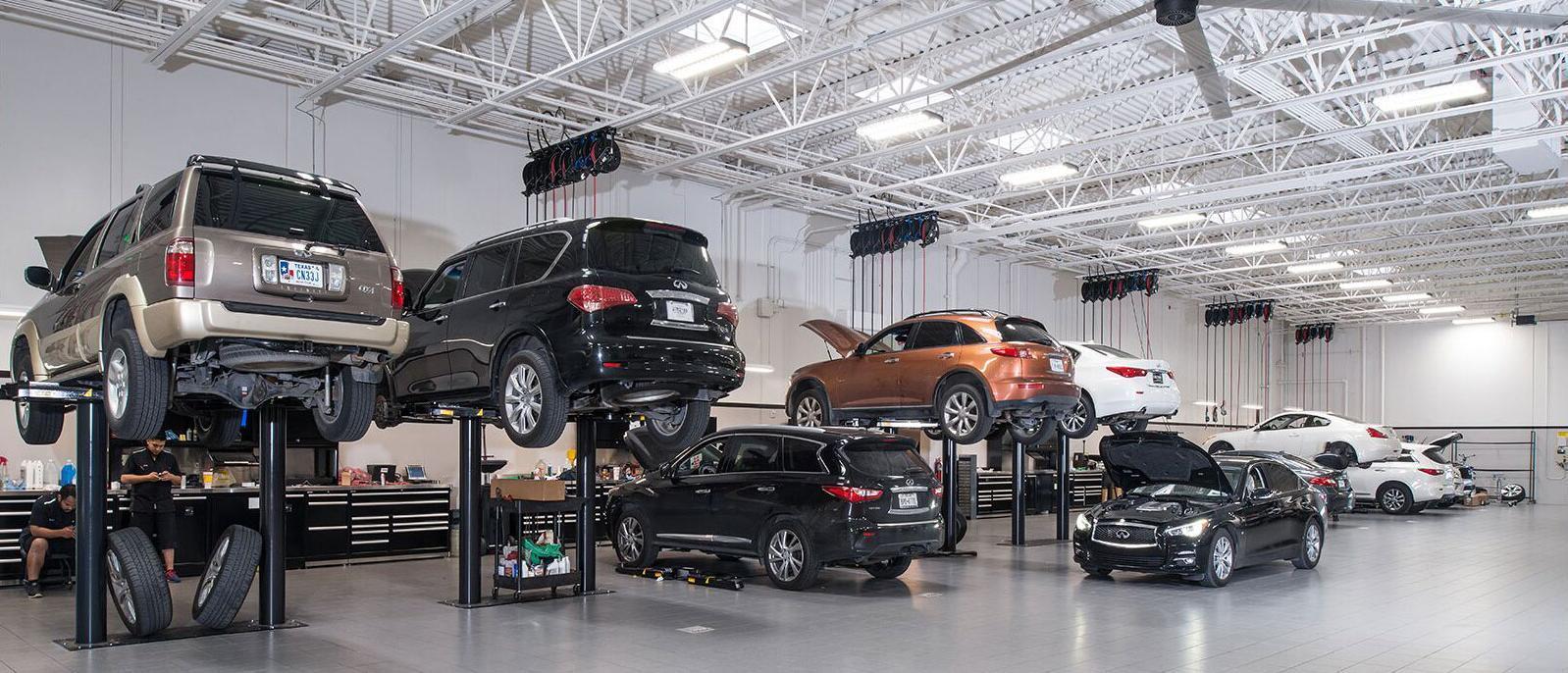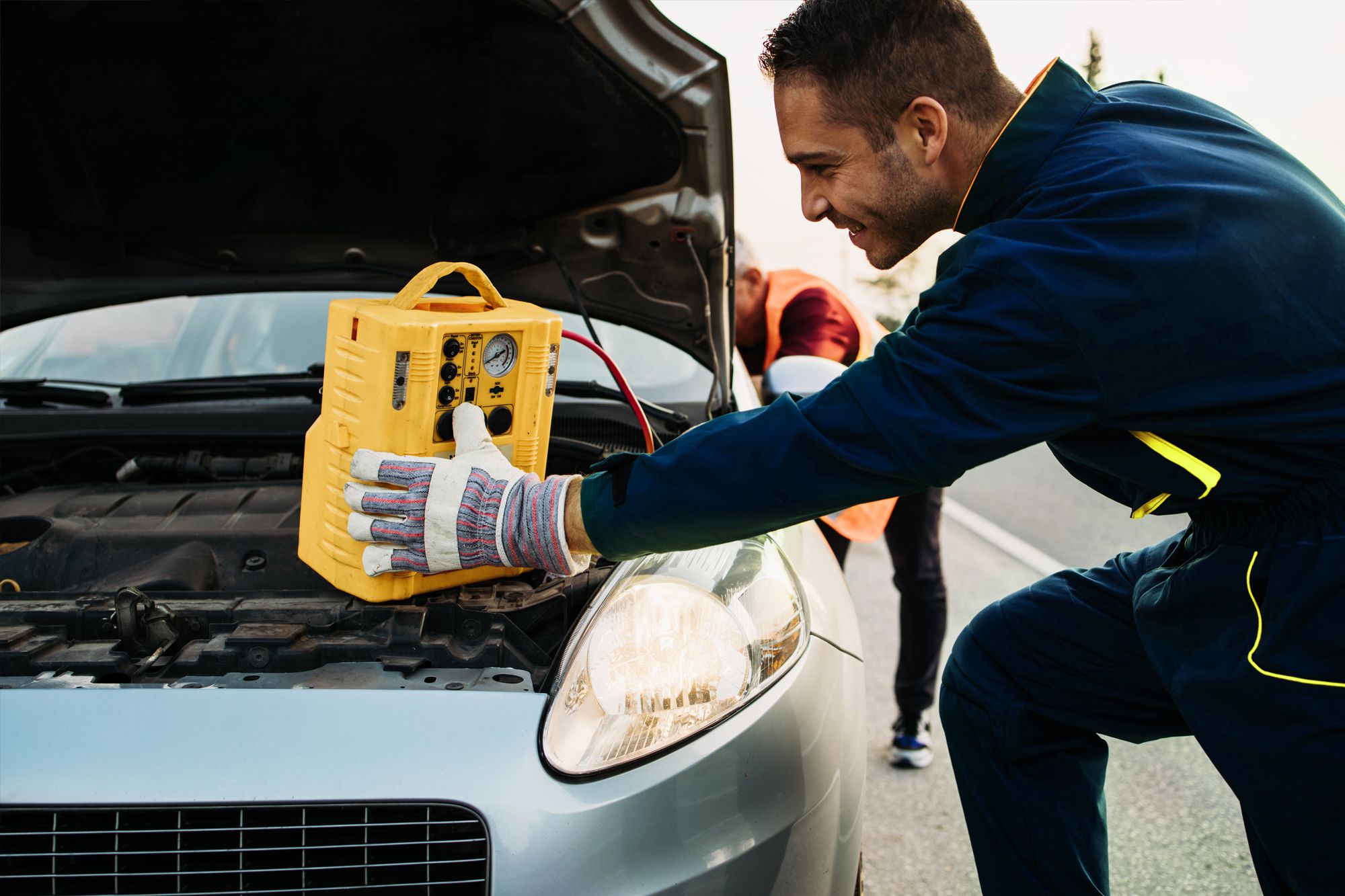All Categories
Featured
When your automobile gets too hot, it can really feel like a significant emergency situation, however staying tranquil and following the ideal steps can protect against severe engine damage and help obtain you back when driving securely. In this message, we'll discover what to do if your cars and truck overheats and use preventative suggestions to decrease the threat of overheating in the future.
If Your Auto Gets too hot,What to Do. If your auto begins to overheat is to pull over to a secure area as soon as feasible, pull Over to a Safe Location The very first and most crucial step. Activate your threat lights and assist your automobile to the shoulder or into a car park. Maintaining your cars and truck running while it's overheated can trigger serious damage to the engine, so it's crucial to shut the engine off right away.
Let the Engine Cool Off Once you have actually safely stopped, permit the engine to cool. You should never attempt to open the radiator cap while the engine is still hot, as the launch of vapor or warm coolant can trigger burns. Wait at least 15-20 minutes to enable the engine temperature to drop to a safer degree before continuing.
![]()
Examine the Coolant Level After the engine has cooled, examine the coolant degrees by inspecting the storage tank or radiator. If it's reduced, top it off with a blend of coolant and water (as defined by your car's maker) Always make use of care when opening up the coolant storage tank, as pressure may have built up.
Try To Find Visible Leakages While you await the engine to cool down, visually examine the radiator, hoses, and coolant tank for any type of noticeable leaks or cracks. A leaking radiator or pipe is a typical source of overheating. It's far better to call a tow solution than threat driving better and triggering extra damage. if you discover a considerable leakage.
Reboot the Engine After enabling the engine to cool down and making sure the coolant is rounded off, start the engine and keep an eye on the temperature level gauge. If the temperature continues to increase swiftly, it's best to shut the engine off and call for roadside aid or a tow to the local mechanic.
![]()
How to Protect Against Overheating in the Future. Routinely Check Coolant Degrees Among the simplest methods to prevent getting too hot is by keeping the appropriate level of coolant. Gradually, coolant can vaporize, so consistently examine the coolant degrees in the tank. Reduced coolant degrees can cause the engine to get too hot quickly, so top it off as needed.
Evaluate the Radiator The radiator plays a critical role in keeping the engine cool. Regularly examine the radiator for any kind of clogs, dust, or debris that can obstruct air movement. If you observe any kind of indications of damages, such as rust or leaks, have it fixed or replaced as soon as feasible.
Replace the Thermostat and Water Pump A malfunctioning thermostat or water pump is an usual root cause of getting too hot. The thermostat controls the circulation of coolant, while the water pump distributes it through the engine. If either component is malfunctioning, it can stop correct cooling. When necessary., have your mechanic examine these components consistently and replace them.
Flush the Cooling System With time, coolant can break down and end up being inadequate, causing a buildup of particles in the system. Flushing the cooling system every 30,000 miles, or as recommended in your lorry's guidebook, aids to remove any sludge or accumulation and makes sure the cooling system is working appropriately.
Monitor the Problem of the Pipes The hoses in your automobile's cooling system can use out or split gradually. Check the hoses for any kind of indicators of wear, such as protruding, fractures, or leaks, and replace them if needed. Preventing coolant leaks can go a long means in staying clear of getting too hot.
![]()
Drive Sensibly Hostile driving, such as speeding up quickly or driving at broadband, puts additional strain on your engine and its cooling system. Try to drive at modest rates, specifically on warm days or when driving on steep inclines, to reduce the possibilities of getting too hot.
Stay Clear Of Straining Your Vehicle Bring extreme weight in your car puts stress and anxiety on the engine and cooling system. Always be mindful of your automobile's weight restriction, especially if you're hauling hefty lots, lugging a trailer, or driving fars away in warm climate.
Conclusion. A getting too hot auto can be a frightening experience, but knowing just how to respond and avoid it can conserve you time, money, and prospective engine damage. Constantly inspect your coolant degrees, evaluate key components like the radiator, thermostat, and pipes, and comply with a normal maintenance routine. By remaining on top of your car's air conditioning system, you can decrease the threat of getting too hot and take pleasure in a smoother, much safer driving experience.
If Your Auto Gets too hot,What to Do. If your auto begins to overheat is to pull over to a secure area as soon as feasible, pull Over to a Safe Location The very first and most crucial step. Activate your threat lights and assist your automobile to the shoulder or into a car park. Maintaining your cars and truck running while it's overheated can trigger serious damage to the engine, so it's crucial to shut the engine off right away.
Let the Engine Cool Off Once you have actually safely stopped, permit the engine to cool. You should never attempt to open the radiator cap while the engine is still hot, as the launch of vapor or warm coolant can trigger burns. Wait at least 15-20 minutes to enable the engine temperature to drop to a safer degree before continuing.

Examine the Coolant Level After the engine has cooled, examine the coolant degrees by inspecting the storage tank or radiator. If it's reduced, top it off with a blend of coolant and water (as defined by your car's maker) Always make use of care when opening up the coolant storage tank, as pressure may have built up.
Try To Find Visible Leakages While you await the engine to cool down, visually examine the radiator, hoses, and coolant tank for any type of noticeable leaks or cracks. A leaking radiator or pipe is a typical source of overheating. It's far better to call a tow solution than threat driving better and triggering extra damage. if you discover a considerable leakage.
Reboot the Engine After enabling the engine to cool down and making sure the coolant is rounded off, start the engine and keep an eye on the temperature level gauge. If the temperature continues to increase swiftly, it's best to shut the engine off and call for roadside aid or a tow to the local mechanic.

How to Protect Against Overheating in the Future. Routinely Check Coolant Degrees Among the simplest methods to prevent getting too hot is by keeping the appropriate level of coolant. Gradually, coolant can vaporize, so consistently examine the coolant degrees in the tank. Reduced coolant degrees can cause the engine to get too hot quickly, so top it off as needed.
Evaluate the Radiator The radiator plays a critical role in keeping the engine cool. Regularly examine the radiator for any kind of clogs, dust, or debris that can obstruct air movement. If you observe any kind of indications of damages, such as rust or leaks, have it fixed or replaced as soon as feasible.
Replace the Thermostat and Water Pump A malfunctioning thermostat or water pump is an usual root cause of getting too hot. The thermostat controls the circulation of coolant, while the water pump distributes it through the engine. If either component is malfunctioning, it can stop correct cooling. When necessary., have your mechanic examine these components consistently and replace them.
Flush the Cooling System With time, coolant can break down and end up being inadequate, causing a buildup of particles in the system. Flushing the cooling system every 30,000 miles, or as recommended in your lorry's guidebook, aids to remove any sludge or accumulation and makes sure the cooling system is working appropriately.
Monitor the Problem of the Pipes The hoses in your automobile's cooling system can use out or split gradually. Check the hoses for any kind of indicators of wear, such as protruding, fractures, or leaks, and replace them if needed. Preventing coolant leaks can go a long means in staying clear of getting too hot.

Drive Sensibly Hostile driving, such as speeding up quickly or driving at broadband, puts additional strain on your engine and its cooling system. Try to drive at modest rates, specifically on warm days or when driving on steep inclines, to reduce the possibilities of getting too hot.
Stay Clear Of Straining Your Vehicle Bring extreme weight in your car puts stress and anxiety on the engine and cooling system. Always be mindful of your automobile's weight restriction, especially if you're hauling hefty lots, lugging a trailer, or driving fars away in warm climate.
Conclusion. A getting too hot auto can be a frightening experience, but knowing just how to respond and avoid it can conserve you time, money, and prospective engine damage. Constantly inspect your coolant degrees, evaluate key components like the radiator, thermostat, and pipes, and comply with a normal maintenance routine. By remaining on top of your car's air conditioning system, you can decrease the threat of getting too hot and take pleasure in a smoother, much safer driving experience.
Latest Posts
Reasons Consistent Vehicle Maintenance at Montclare Auto Repair Saves You Money
Published May 28, 25
1 min read
Explore Montclare Auto Repair’s Most Popular Car Care Solutions and Why Drivers Choose Them
Published May 24, 25
1 min read
Uncover the Greatest Auto Repair Coupons in Montclare, Chicago
Published May 23, 25
1 min read
More
Latest Posts
Reasons Consistent Vehicle Maintenance at Montclare Auto Repair Saves You Money
Published May 28, 25
1 min read
Explore Montclare Auto Repair’s Most Popular Car Care Solutions and Why Drivers Choose Them
Published May 24, 25
1 min read
Uncover the Greatest Auto Repair Coupons in Montclare, Chicago
Published May 23, 25
1 min read